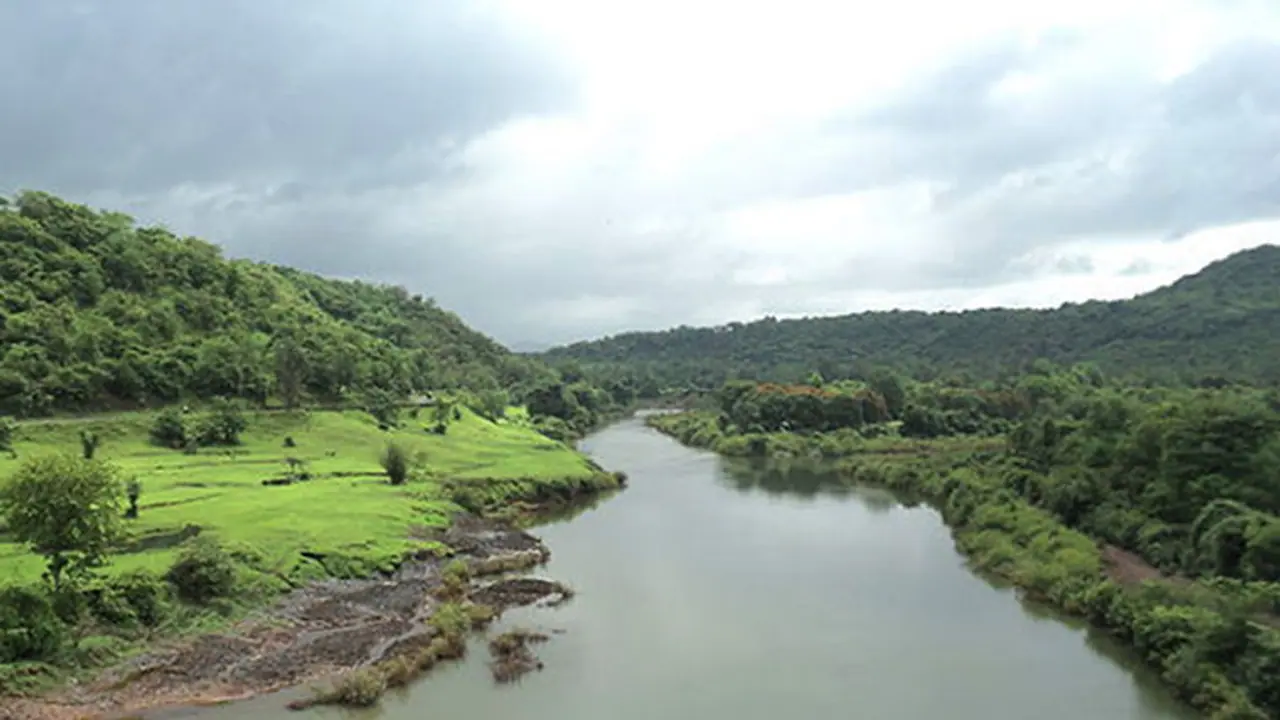The final verdict of the Mahadayi Tribunal was delivered in New Delhi after Karnataka and Goa fought for the cause for over 50 years now. Here are the reasons why Karnataka is pressing for the Mahadayi water and Goa is opposing it.
The final verdict of Mahadayi water sharing which had Karnataka at loggerheads with Goa and Maharashtra was out on Tuesday and accordingly, the Mahadayi River Water Tribunal has awarded 13.5 TMC water to Karnataka against the demand of 36.5 TMC water.
The final verdict was delivered in New Delhi after Karnataka and Goa fought for the cause for over 50 years now.
According to the decision, the tribunal has allocated 5.5 thousand million cubic feet (TMC) drinking water to Mumbai-Karnataka region, 8.2 TMC for power generation, 1.12 TMC for Kalasa stream and 2.18 TMC for Banduri stream.
Meanwhile, the protest by the people of north Karnataka demanding drinking water from the Mahadayi river has crossed 1,000 days.
Here are the reasons why Karnataka is pressing for the Mahadayi water and Goa is opposing it.
Why fight for Mahadayi river water?
The Kalasa-Banduri project over the Mahadayi river began when farmers of drought-hit areas of Navalgunda and Nargunda staged a protest against the government to redress their water problems.
However, Mahadayi river is the main river-based water source for Goa and after originating in Karnataka, major part of it flows through Goa, where the river is named Mandovi.
The river originates in the Sahyadri mountain range in Khanapur Taluk, Belagavi district, Karnataka, and flows towards Goa, to eventually join the Arabian Sea.
India has 14 major rivers, all of which are inter-state rivers, and 44 medium rivers, nine of which are inter-state rivers and Mahadayi flows from Karnataka to Maharashtra and Goa.
The river flows for 35 km within Karnataka before it enters Goa. Many tributary rivers of Karnataka - Kalasa, Banduri, Halataar, Chorla, Potla, Korla, Gurki etc., join the Mahadayi.
Kalasa-Banduri project was intended to divert 7.56 TMC water of Kalasa and Banduri, the two main tributaries of Mahadayi, to the Malaprabha river and provide a permanent solution for the perennial water crisis in 13 taluks of four north Karnataka districts.
R Gundu Rao, the then chief minister of Karnataka from 1980 to 83, formed the “Bommai Committee” to address the drought situation and give a solution. The committee recommended that the government interlink Mahadayi and Malaprabha rivers. The government decided to build dams to the tributaries of Mahadayi.
However, Goa opposed the project citing ecological problems to the Western Ghats if water is diverted from Mahadayi or Mandovi.
When SR Bommai himself became the chief minister in 1989, he spoke to the then chief minister of Goa, Pratap Singh Rana, and took his consent to build the dams. Over the years, the project got approvals from the forest department as well as from the Centre.
But the project was not implemented since the Bommai-led government was dissolved in eight months.
During SM Krishna's time (1999-2004) as chief minister in Karnataka, the government once again tried to implement the project. HK Patil, the then minister for irrigation, renamed it as the “Kalasa-Banduri Project”. Even the Atal Bihari Vajpayee government at the Centre gave its approval for the project.
But once again, Goa appealed to the Centre to stop the project. At the time, Manohar Parikkar was the chief minister of Goa.
In 2006, Karnataka CM, HD Kumaraswamy, also tried to revive the project. But the Goa government, this time, approached the Supreme Court.
Goa's main objection was that the Kalasa-Banduri project may create an ecological imbalance in their State. Besides, Mahadayi is the main river-based water source for them.
In 2009, the Supreme Court ordered the creation of a tribunal to address the crisis.
After the formation of the tribunal, Goa made a formal appeal to stop the “Kalasa-Banduri Project”, but tribunal did not agree to that request.
Goa submitted another appeal, requesting the project be put on hold until the final verdict. Considering the second appeal, the tribunal issued an interim order in 2014 to halt the project until the final order came out.
The final order was expected in December 2015. However, the final decision was delivered today.
